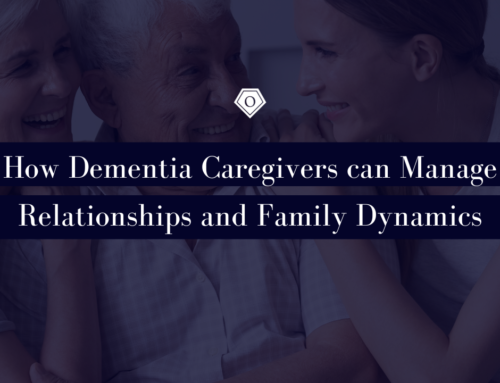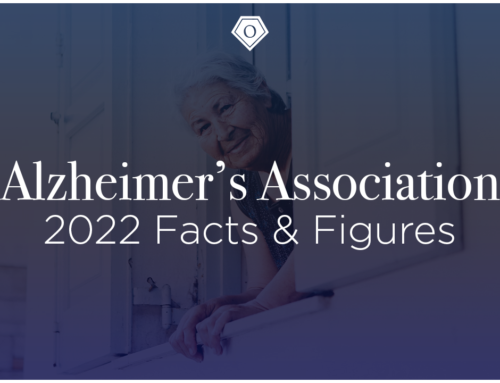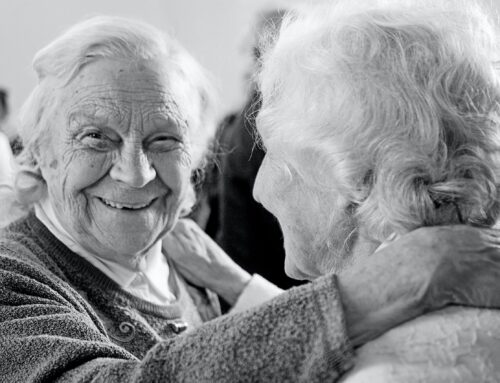Good nutrition is critical to overall health.
Unfortunately, many older adults are at risk for poor nutrition. Malnutrition is often the result of a combination of physical, social and psychological issues.
Older adults with dementia or Alzheimer’s often experience a decrease in appetite. Other health factors that influence a loss of appetite include: chronic illness, medications, difficulty swallowing and a diminished sense of smell or taste.
Dietary restrictions can also play a role in malnutrition. Limitations on salt, fat, protein or sugar can lead to a restrictive diet that results in inadequate eating. A lack of social interaction can also influence a reduction in appetite. Older adults who eat most meals alone may lose their desire to cook and eat. Malnutrition can also be attributed to depression. Grief, loneliness, and lack of mobility in the elderly can lead to changes in appetite.
Signs of Malnutrition:
- Weight Loss
- Abnormal Eating Habits
- Choking or Swallowing Problems
- Constipation or Diarrhea
- Inability to Keep Warm
- Loss of Muscle Mass
- Complaints of Dizziness or Prone to Falls
- Difficulty Recovering from Illness
- Sore Mouth, Tongue, Bleeding or Swollen Gums
- Prone to Recurring Infections
Malnutrition can be a sign that it is time for home care. Entry level home care services such as companion care includes meal planning and cooking (not including groceries). Onyx Home Care’s companion care professionals also provide assistance around the house that keeps seniors in a healthy living environment. Companion care is a simple way to transition older adults into a system that allows them stay in their home while receiving assistance
It can be difficult for seniors to admit when help is necessary. Learn more about starting the home care conversation, by reading our blog post on the topic.






